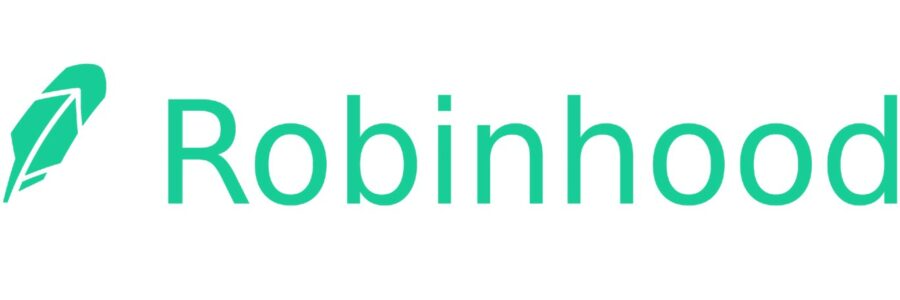
Survey Shows Over 80% of Respondents Think Robinhood Killed Its Own IPO
According to data compiled by IPO ETF manager Renaissance Capital, there were 24 initial public offerings in January that raised $13.4 billion on behalf of the new publicly traded firms. Another 22 are on the calendar for the first week of February, according to IPOScoop. IPOs are becoming an industry of their own it seems.
None of this week’s IPOs will issue from no-fee stock trading app Robinhood. In fact, it seems likely that an IPO tentatively scheduled for May will be postponed. If you are among those who believe that Robinhood’s popularity will drop off significantly once the United States begins to recover from the effects of the COVID-19 pandemic, then this delay is not good news.
The delay may not make any difference, however. According to comments posted at Blind, an anonymous community app where people often post messages about misbehavior of one kind or another at their own companies, Robinhood has “screwed” its own IPO. Unsurprisingly, these people have strong opinions about Robinhood and its decision last week to halt trading in GameStop, AMC Entertainment, BlackBerry and Nokia shares.
This is the query posted last week by a Google employee: “[Has] Robinhood screwed it’s [sic] IPO?” As of Monday, 8,750 people had voted (yes or no) on the issue. Nearly 7,300, more than 83%, said Robinhood had screwed up.
Of some 1,270 commenters asked whether they would switch from Robinhood to another trading app, 76% said they would and 13% said they already had. Only 11% plan to stick with Robinhood.
What has made Robinhood so popular is that investors can make trades for free. That is also what is making the app so unpopular right now. While Robinhood may be helping small investors, the company also has to make money, and the way it does that is by selling orders from its investors to clearinghouses, aka market makers, that actually execute the orders.
The biggest buyer of Robinhood orders is Citadel Securities, which posted revenue of $6.7 billion last year, including $1.7 billion in the fourth quarter alone, according to a report at Bloomberg. Profit for the year totaled $4.1 billion.
Robinhood’s choice to halt trading in some stocks last week, according to CEO Vlad Tenev, “was a clearinghouse decision, and it was just based on the capital requirements.” Tenev is referring to the Depository Trust & Clearing Corporation (DTCC), which settles most of the country’s equity transactions. The DTCC required Robinhood to increase its reserve collateral as a result of the volatility of trading in GameStop stock. Robinhood didn’t have the cash and needed time to raise it. Thus, the trading halt. As of Monday, the company had raised $3.4 billion in fresh capital.
That argument is unconvincing to at least some of Robinhood’s users. Even an employee of Citadel is unconvinced, posting the following comment on Blind: “[I]f you pretend to be helping the ‘regular people’ and then do a 180 once big money tells you to, be ready for the consequences.”
Regarding Robinhood’s future, another commenter wrote, “Citadel’s got a fat piece of them. Robinhood will be fine.”
Whether Robinhood will be fine remains to be seen, but don’t bet against it. There’s no indication yet that the company did anything illegal. Some users just didn’t like the way the deal went down. Remember, this survey only counted fewer than 9,000 self-selected users out of Robinhood’s estimated total of around 13 million.
GameStop stock dropped about 30% on Monday and traded down by another 36% on Tuesday’s premarket at $144.00. The shares peaked last week at $483.00, after starting the year at around $18.00.
Source: Read Full Article